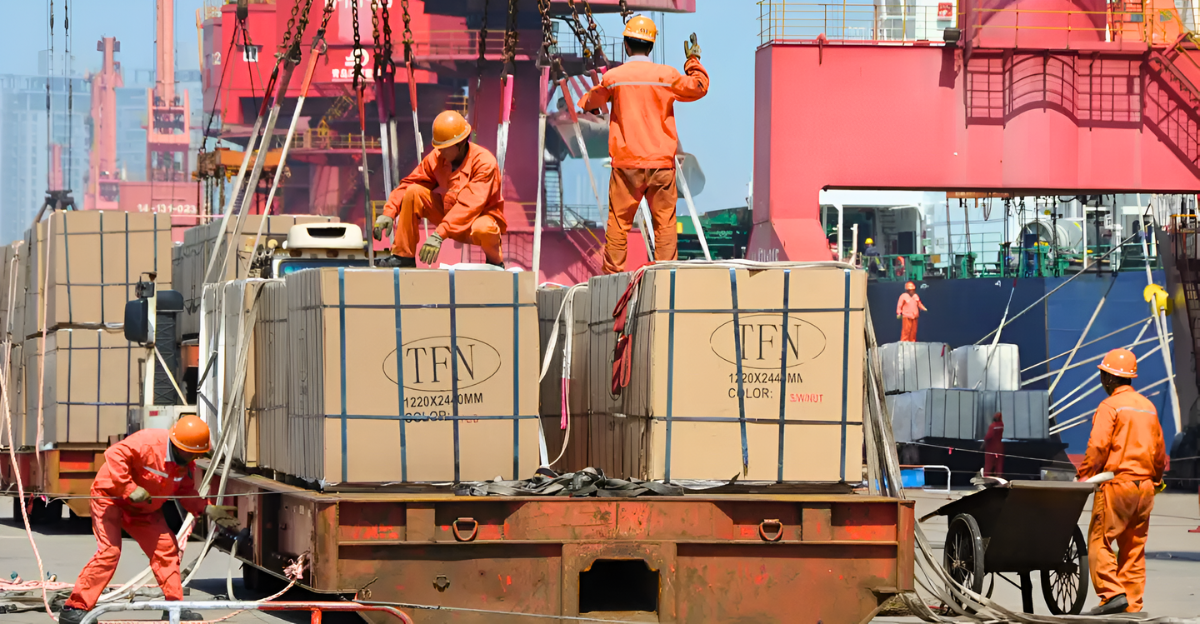
A major U.S. court ruled that most of President Trump’s tariffs are illegal. This ruling affects American businesses and causes uncertainty in trade and markets.
Since his second term, Trump’s tariffs have increased import costs and changed supply chains. Now, companies need to rethink contracts and spending. Many are waiting to see what happens next, as legal and cost worries grow.
Economic Jitters

Business leaders at General Motors, Caterpillar, and Walmart say the tariff turmoil has already led to billions lost and delayed projects. As trade policy hangs in doubt, many companies have stopped hiring and changed deals with suppliers. Experts warn that this uncertainty could hurt the broader economy, making businesses hesitate on big plans.
The Federal Reserve is waiting before making any changes to interest rates, reflecting the growing impact of tariffs each week. Newsweek reports, “The tariff saga’s ripple effect is growing each week.”
Legal Line Crossed

The Court of Appeals ruled by a 7-4 vote that Trump overstepped his power by imposing broad tariffs under the emergency economic law (IEEPA). The ruling covers tariffs from five orders in February and April 2025, mainly hitting Chinese, Canadian, and Mexican goods. Judges said Trump didn’t get proper approval from Congress and abused emergency powers, which could unsettle trade rules.
The court paused the decision until October 14, giving time for an appeal. CBS News says, “Trump exceeded his powers under the International Emergency Economic Powers Act (IEEPA).”
Business on Edge

Big steel, car, and manufacturing companies are stuck and uncertain about future costs. Ford, Johnson & Johnson, and Apple all face significant losses, with Ford estimating $2 billion gone each year. Some are making backup plans, and others are holding off on expansion.
Leaders say “uncertainty is the biggest barrier” to planning, and every new court step adds to worries. This makes hiring challenging, borrowing more expensive, and increases risks for businesses depending on imports.
Illegal Tariffs Uncertainty

Most Trump tariffs, up to 75%, say UBS economists, were found illegal. This puts hundreds of billions of tariff money at risk. Businesses might get refunds or need to adjust past forecasts and inventories. The ruling doesn’t remove tariffs immediately, giving the government time to appeal. BMO’s Kelly Kaik said, “This decision adds another layer of tariff uncertainty.”
Midwest Manufacturers

Midwestern companies like Caterpillar and Deere have suffered significant losses. Caterpillar reported $1.5 billion in losses, and Deere expected $600 million less profit due to tariffs.
Local leaders fear layoffs and delayed upgrades. Chambers of commerce warn, “swings in tariff law could cripple small suppliers.” Job rates and factory production are already feeling the pressure.
Retail Squeeze

Stores like Walmart and Deckers Outdoor are struggling with higher import costs. Walmart’s running costs are up, and they say “prolonged uncertainty” is likely. Deckers raised prices, pushing some customers away.
Store managers report daily questions about changing prices and stock, saying tariffs are a big reason for slow decisions and new inventory plans.
Expert Consensus
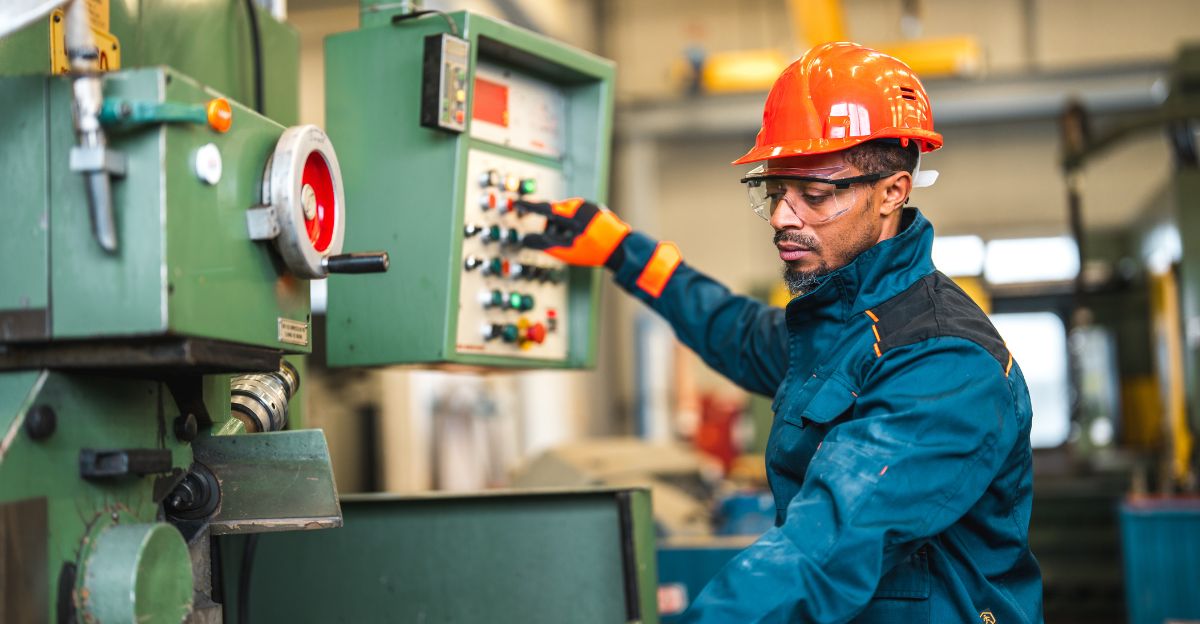
Most experts agree: uncertainty is the biggest problem. Moody’s chief Mark Zandi said, “Much of the economic damage so far stems from the uncertainty they’ve created.”
Unclear trade rules cause hiring freezes and business delays. Analysts note unpredictable tariffs can slow the economy, especially with high interest rates and international pushback.
Market Watchers React
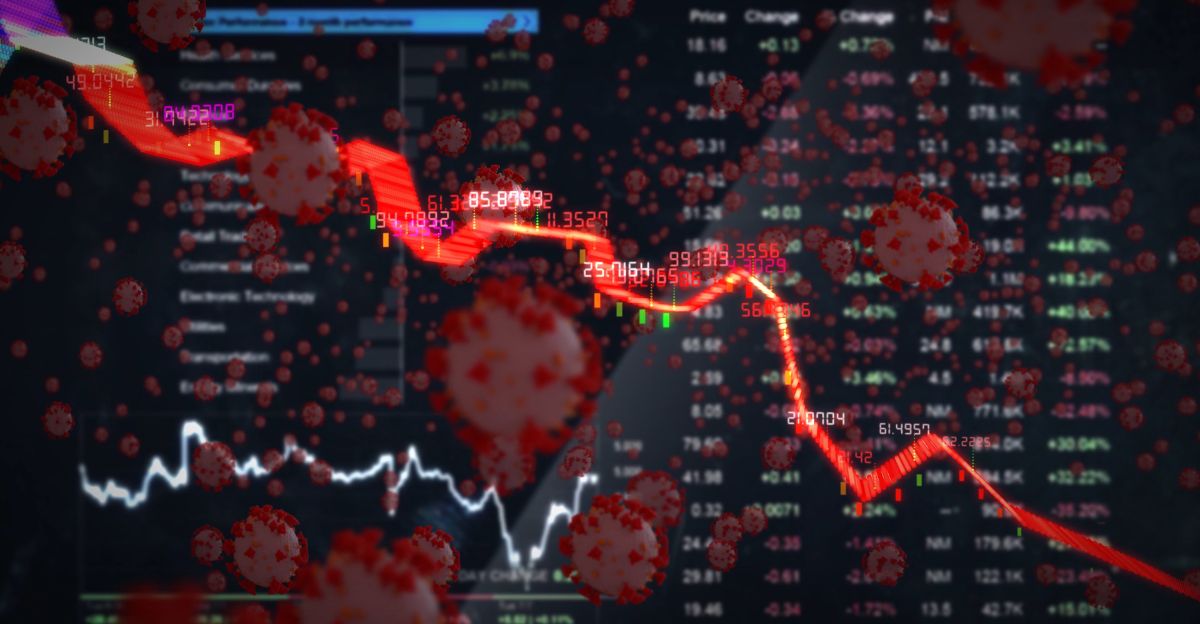
Markets are unstable as traders worry about supply problems and profit warnings. Stocks are down and bond yields are up, as investors expect the Federal Reserve to stay cautious. Nigel Green from deVere Group said,
“The tariff ruling highlights a serious legal threat to one of the president’s most high-profile economic policies.” Both short and long-term finances are affected by the ongoing drama.
Federal Reserve Freeze
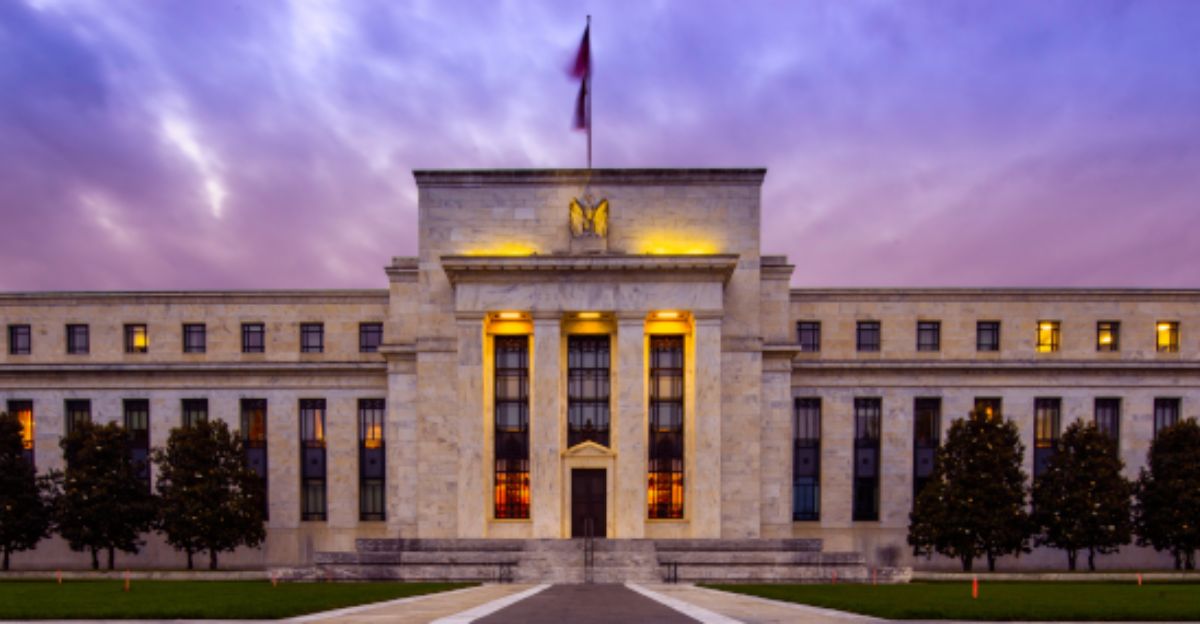
The Federal Reserve has stopped lowering interest rates, blaming the ongoing tariff confusion. Fed Chair Jerome Powell and other officials have repeatedly stated that, under normal circumstances, interest rates would likely have been cut this year to stimulate economic growth. However, because the tariffs introduced by the Trump administration have contributed to unpredictable inflationary pressures and volatile trade conditions, the Fed has opted for caution and kept rates steady rather than risk exacerbating price instability.
Federal Reserve Chair Jerome Powell said, “Until there is clarity, altering our policy stance would be premature.” As borrowing stays expensive, businesses pay more to finance inventory and payroll, causing tighter margins and limiting growth.
Who’s To Blame?
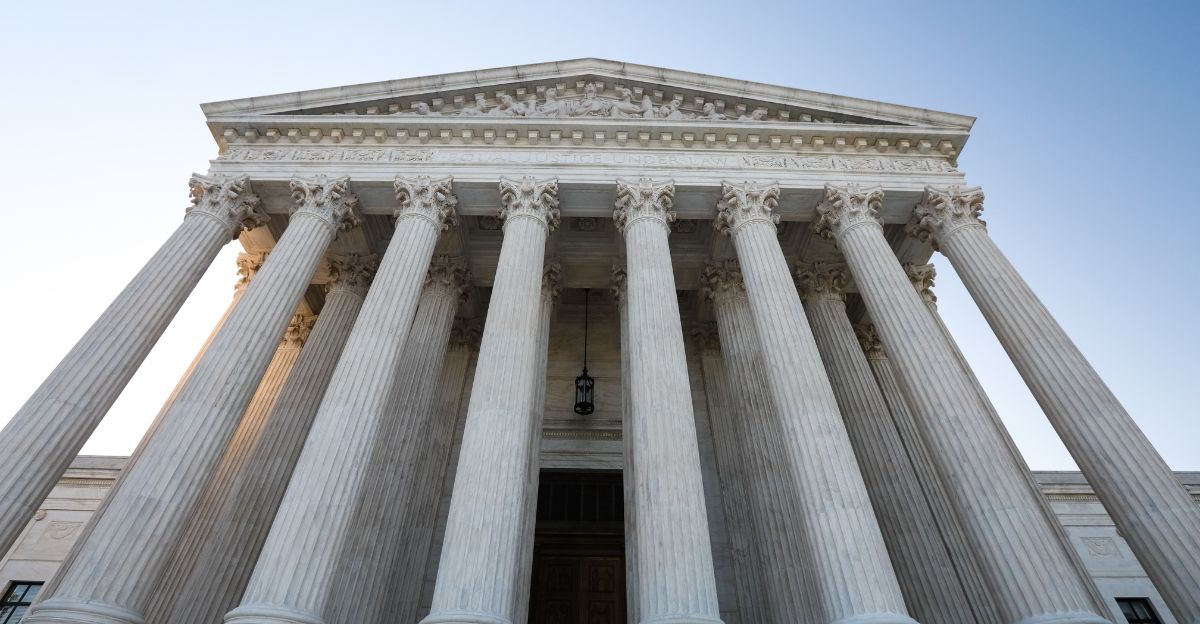
There’s a big fight over who’s to blame. Trump’s team says tariffs are needed for manufacturing and safety, noting, “We look forward to victory in the Supreme Court.” Trump pushed for sweeping “reciprocal tariffs” and invoked emergency powers under the International Emergency Economic Powers Act, bypassing Congressional oversight and escalating global trade tensions to historic levels. These moves were intended to rectify persistent trade deficits and perceived unfair practices by foreign governments.
Critics argue that these tariffs avoided debate and could provoke retaliatory moves abroad. Trade groups, lawmakers, and lawyers are all pushing for their preferred outcome as court decisions loom.
Supply Chain Tension
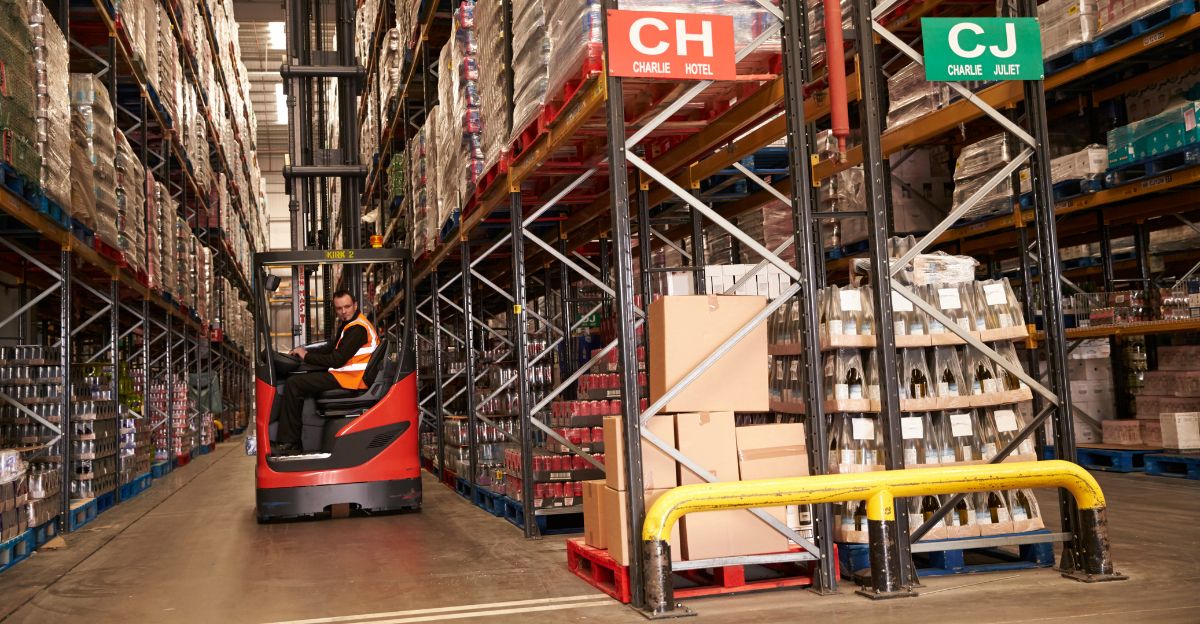
Tariff uncertainty is causing headaches across supply chains. Some companies are changing suppliers or focusing more on U.S. production, while others are waiting out legal fights before making moves. Logistics managers say, “unknown tariff schedules drive higher costs and longer delivery times,” forcing constant renegotiation and planning stress.
These disruptive policies have triggered a domino effect: major brands like Apple and Walmart are shifting procurement and manufacturing out of China to mitigate risk. However, such moves require intense investment and expose businesses to fresh challenges, such as longer shipping routes and bottlenecks in newly adopted source countries.
Investment Freeze

Following recent court rulings that declared most Trump-era tariffs illegal, many businesses have adopted a wait-and-see approach, delaying significant investments and expansions until there is greater clarity about future trade rules.
Economists warn that this ambiguity surrounding tariffs has stifled risk-taking, particularly for multiyear undertakings such as supply chain realignments, factory relocations, and technology upgrades. 115 million. This freeze slows growth and raises risks for the future.
Industry Mobilization

Associations representing manufacturing, agriculture, technology, and logistics have organized lobbying campaigns and working groups, advocating for tariff exemptions, predictable regulatory frameworks, and greater dialogue between government and business leaders. Many sectors, particularly those with deep supply chain ties to North America and China, have raised alarms about rising input costs, disrupted cross-border operations, and cascading job losses.
Industry leaders warn that, unless a resolution is reached soon, persistent uncertainty may force further investment freezes, layoffs, and a restructuring of export strategies to maintain global competitiveness.
Global Echoes
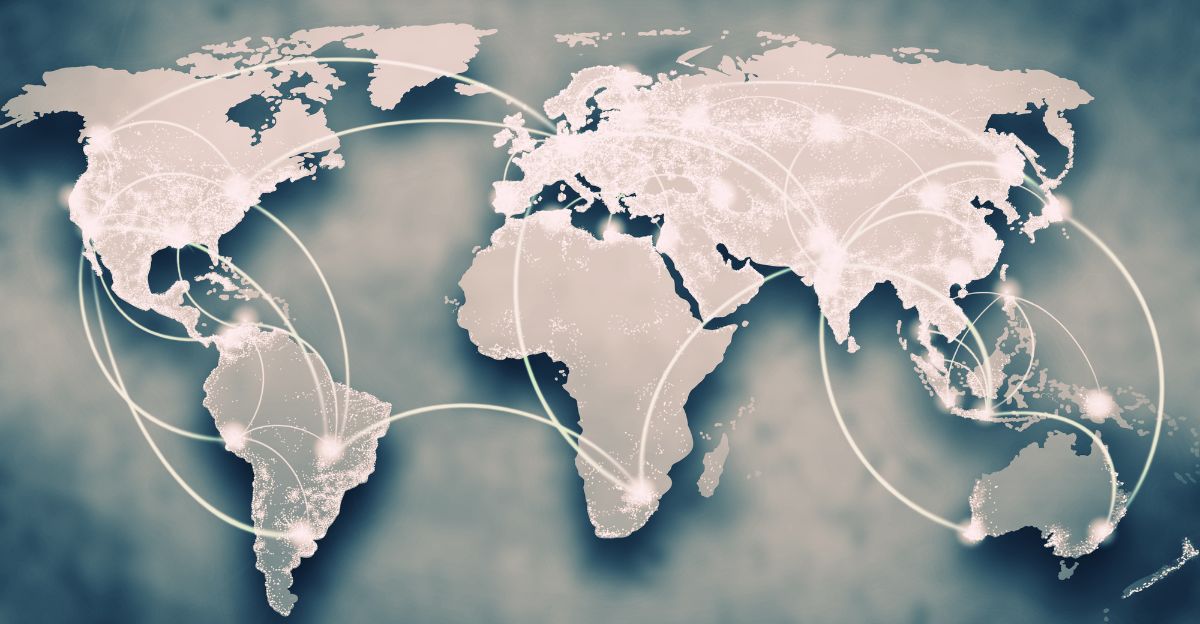
Canada, Mexico, and China are warning of retaliation and changes in trade agreements. Foreign officials and companies fear the U.S. may not honor deals and seek alternative markets. As the Supreme Court appeal nears, global supply chains are exposed to continued legal shake-ups.
Legal Fallout Intensifies

Agencies and advocacy groups are starting probes into how tariffs hurt the economy. Lawmakers are holding hearings on the damage to industries like farming and tech, while lawsuits pile up over recent losses. Researchers are releasing new reports, and debate grows over how to help struggling companies.
Multiple lawsuits have been launched by small businesses, states, and importer coalitions, contending that the tariffs represent executive overreach and violate constitutional provisions assigning taxation and tariff powers to Congress.
Industry Crosscurrents

Tariff troubles are spreading into related sectors. Logistics firms are unsure of future costs, energy companies warn about profit erosion, and solar panel makers face higher expenses. Financial experts are watching for more loan defaults and higher risks.
Large employers in these exposed sectors, collectively accounting for more than 23 million American workers, are now weighing layoffs, wage freezes, and postponed investments as they seek to absorb the direct and indirect effects of tariff-driven cost increases.
Public Pulse

Online, rumors fly about huge refunds and a coming recession. Experts caution that nothing has been settled yet, tariffs are illegal, and compensation will take time and involve more legal fights. According to recent surveys, 61% of Americans now disapprove of the Trump administration’s tariff policies, and over half believe these measures will negatively affect the country and their own families in the long run.
While Republicans remain more supportive of the tariffs than Democrats, even among Trump’s base, there are signs of waning enthusiasm.
Lessons from History
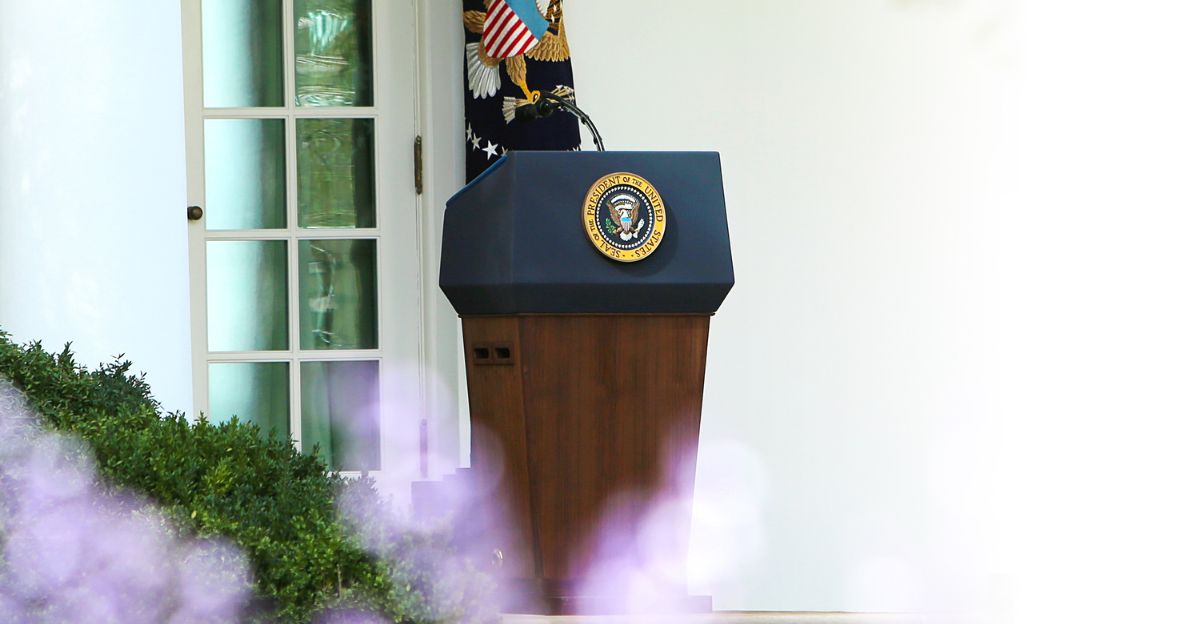
Observers are comparing this legal dispute to older tariff battles, like those in 2002 and 2018, which also caused quick changes, refund demands, and confusion. Past court rulings led to sudden reversals and trouble for supply chains. The main lesson is that unclear trade policies create lasting uncertainty, which can take years to fix. Long-term solutions need agreement and clear laws.
Bottom Line
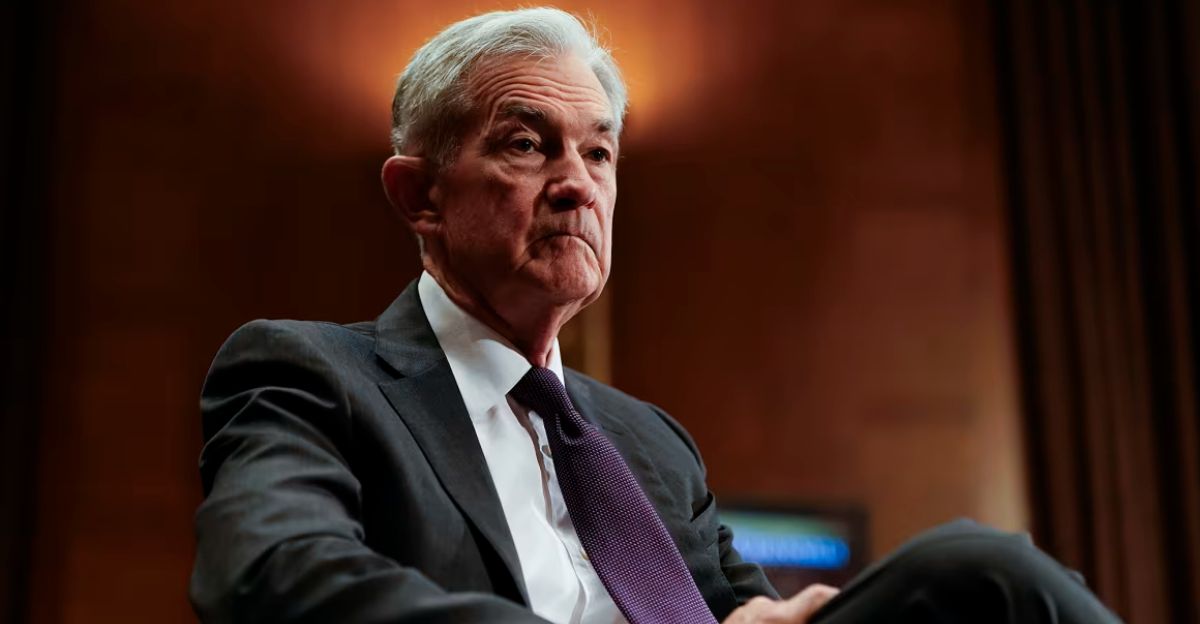
The Supreme Court’s final decision will shape U.S. trade policy for years. Companies deal with higher costs and considerable uncertainty, making tough decisions about hiring and investing. The key message is clear: “uncertainty is the real economic spoiler.” Legal clarity is essential, or the risk of recession will grow for everyone.